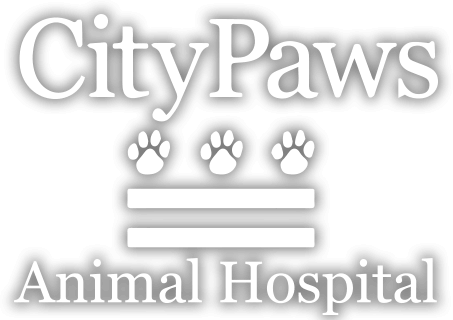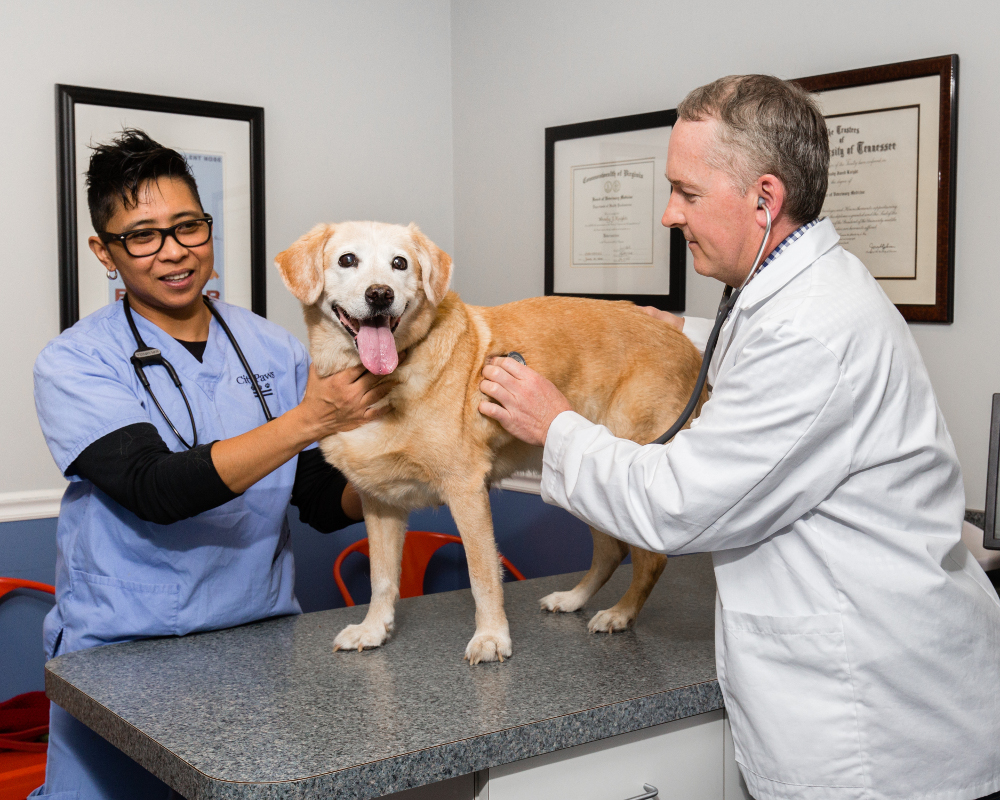Welcome To
CityPaws Animal Hospital
At CityPaws Animal Hospital, caring for your pet is not only our expertise… it’s what we love to do!
CityPaws Animal Hospital - Uptown
3513 Connecticut Ave. NW
Washington, DC 20008
CityPaws Animal Hospital - 14th Street
1823 14th Street NW.
Washington, DC 20009
About CityPaws Animal Hospital
CityPaws Animal Hospital is a leading veterinary care provider in Washington, DC, with two convenient locations. CityPaws Animal Hospital officially opened its doors in April 2006 by Drs. Wendy Knight and Sarah Bowman. Over the past several years, they have worked hard to assemble a team of caring, compassionate, and highly skilled veterinary professionals who share the same dedication to delivering the highest quality veterinary care while building solid and lasting client relationships. Through these things, we can establish a foundation of good health for our patients.
Complete Veterinary Care in Washington, DC
CityPaws Animal Hospital is happy to provide a broad spectrum of services to meet your pet’s needs. We recognize that your pet is a valuable family member and deserves the best veterinary care.
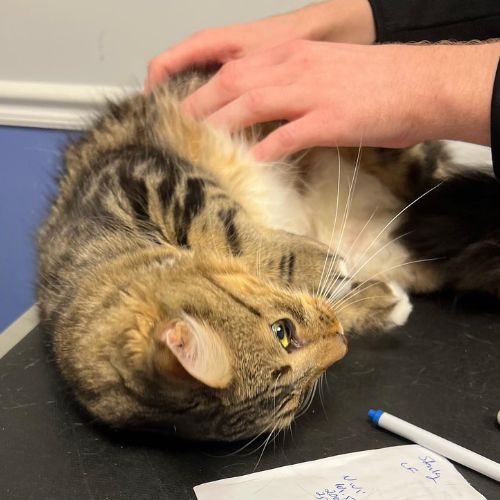
Pet Surgery
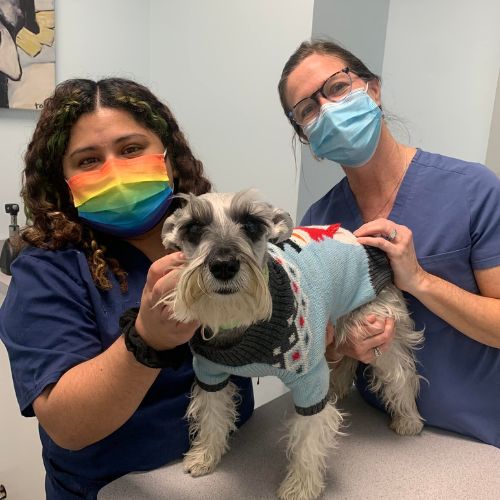
Pet Wellness
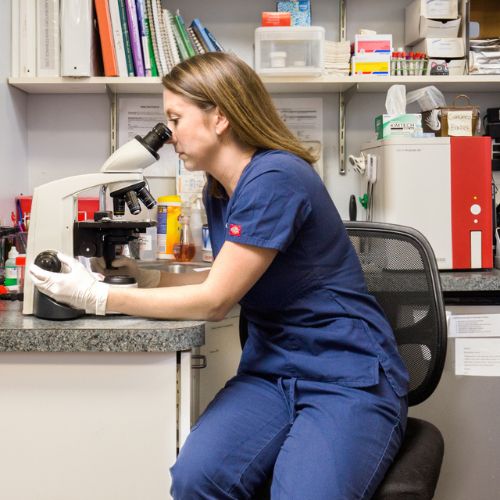
Pet Diagnostics
Meet Our Veterinary Doctors and Staff
Our veterinarians are dedicated to collaborating with you as a partner in your pet’s medical care because they understand your pet’s unique place in your family. We care for your pet the same way we do for our own. Our team of knowledgeable veterinarians takes great pride in giving your four-legged family member the best treatment possible.
We Love Our Clients and Patients!
They are very professional and friendly. The veterinarian is very willing to answer all the concerns regarding the health of our baby. Thank you city pawn. With affection Sophia the husky
I was referred to CityPaws by a neighbor and took my puppy there for his core vaccines. The staff was always pleasant, wait times were never long the only thing I didn’t care for was the parking, but that’s just part of patronizing a business in the city.
My experience with CityPaws was AMAZING!
Everyone treated me and my pet so so well, that it’s impossible not to give them a five-star and my sincere appreciation.
Ready for a Visit?
We proudly serve the pets of Washington, DC, and the surrounding areas. We look forward to seeing you and your pet! Request an appointment by clicking the button below.
